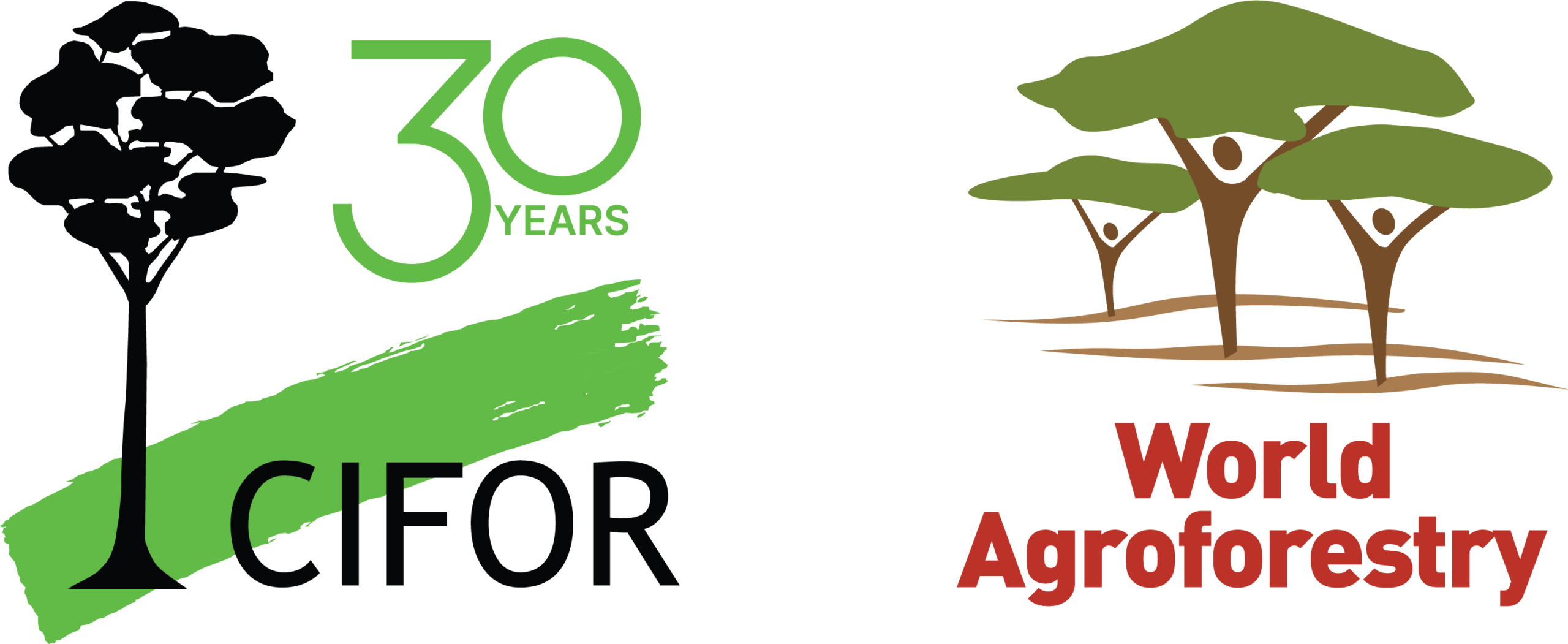University of Oxford
11a Mansfield Rd
OX1 3SZ
UK
Developing a framework for integrating agriculture and biodiversity conservation in a landscape.
Supervisors: Prof. E.J. Milner-Gulland, Lauren Coad, Mike Clark and Karl Hughes
Research Overview:
My DPhil research focuses on developing a framework for integrating agriculture and biodiversity conservation within a landscape, particularly to answer how food security and biodiversity conservation can be achieved while respecting local people’s rights and priorities, with a particular focus on Malawi.
Outline of research:
Achieving a balance between restoring nature and feeding the world’s growing population is a complex and multifaceted challenge. Resolving this dilemma requires the development of mechanisms that will deliver all two goals within a political, economic, and social context. This is because they are all interdependent, and there is a risk that if not done carefully, progress on one could undermine progress on others. To address this dilemma, understanding the social-ecological systems that underpin the existing relationship between nature and people is required. Agriculture, which is key to improving food security, is also one of the major causes of biodiversity loss worldwide and responsible for more than 70% of species loss. While efforts and progress are being made to resolve this trade-off – for example, land sharing and land sparing concept – less attention has been given to context-specific issues that affect the food-biodiversity relationship. This is very important because regions and countries face distinct challenges and opportunities. Without context, there is a risk of establishing mechanisms that may be impractical and ineffective, leaving both people and nature worse off than before.
Malawi, specifically Kasungu district, makes a unique landscape for a study of this nature due to its geographical location and cultural diversity. The region is rich in biodiversity and has a national park home to various wildlife species, including small and big fauna.
Objectives:
I use mixed-method approaches to address the following objectives
- Assess people’s interactions with nature and how it relate to their farming livelihoods.
- Assess how gendered dynamics within and between household’s influence land use systems, livelihoods, and biodiversity use.
- Assess the predicted trajectory of biodiversity under current trends in agricultural activity using spatial modelling and explore how this model can be extended to better reflect drivers of biodiversity loss in African agrarian landscapes.
- Draw together these insights from objectives 1-3 at the individual, household, and landscape scales and use them to explore local people’s preferences for sustainable futures that benefit biodiversity and livelihoods.
The premise of my thesis is to look at whether and how win-win situations could be achieved and how trade-offs can be mitigated by integrating biodiversity conservation and agriculture in a multifunctional landscape.
Summary of planned activities:
- Desk work (Literature review)
- Fieldwork: a pilot study
- Fieldwork 1: data collection
- Report writing and publications
- Fieldwork 2: scenarios and report back to the communities
- Research dissemination
Project overview
Researchers

Funders




